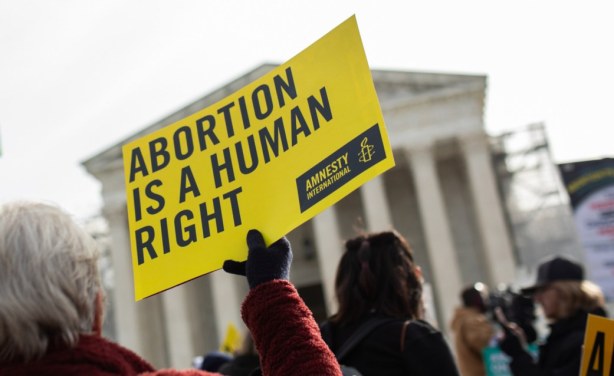Zimbabwe’s High Court has declared unconstitutional a law that banned abortion services for women raped by their husbands and girls under 18.
In a ruling handed down Nov. 22 and made public this week, Judge Maxwell Takuva said victims of marital rape and minors who become pregnant should be allowed to seek abortions, as their pregnancies result from acts already criminalized under Zimbabwean law.
The decision is a significant step, considering Zimbabwe’s restrictive abortion laws, which often push women and girls toward unsafe, illegal abortions that can be deadly.
Abortion is permitted in Zimbabwe only in a few circumstances, including when the pregnancy endangers a woman’s life or if there is a risk that the child would suffer severe physical or mental disabilities. Abortion is also allowed in cases of incest.
In 2023, Zimbabwe raised the legal age of consent for sex to 18, criminalizing sex with anyone under that age. However, the Termination of Pregnancy Act still prohibits abortion for girls under 18, even in cases of rape or incest.
Judge Takuva said it is “torture, cruel, and degrading treatment” for a child to carry a pregnancy to term or to be forced to undergo an illegal abortion due to such circumstances.
The case was brought by a women’s rights group, and the government did not oppose the petition. However, the ruling must be reviewed and approved by Zimbabwe’s Constitutional Court before it can take effect.
Takuva noted that providing access to safe and legal abortion services for underage girls is crucial given the high rates of teenage pregnancy and the resulting illegal abortions and fatalities.
Zimbabwe sees an estimated 77,000 unsafe abortions annually, many of which go unreported. According to the United Nations Children’s Fund (UNICEF), complications from unsafe abortions are a leading cause of death among women and girls in the country.
Teen pregnancies are widespread in Zimbabwe, due to factors like lax enforcement of laws, cultural practices, and poverty, which also hinder access to contraception and health services. Nearly one in four girls between the ages of 10 and 19 become pregnant, while one in three girls is married before the age of 18.
Many of these girls are often culturally pressured to marry the men responsible for their pregnancies.

